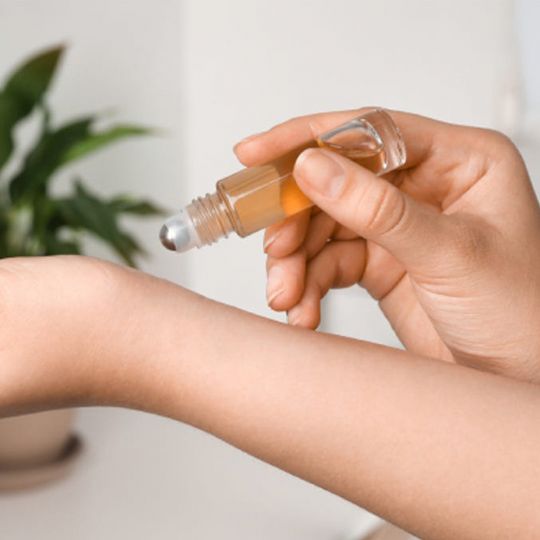Introduction
Essential oils have been used for centuries in various cultures for their therapeutic and aromatic properties. These potent plant extracts are renowned for their ability to enhance physical, emotional, and mental well-being. Derived from flowers, leaves, roots, and other parts of plants, essential oils capture the essence of the plant's fragrance and medicinal qualities.

In recent years, essential oils have experienced a resurgence in popularity as people seek natural remedies to support their health and wellness. From reducing stress to alleviating pain, essential oils offer a wide range of potential benefits. This article will delve into the fascinating world of essential oils, exploring their uses, benefits, and how they can be incorporated into daily life.
Understanding Essential Oils
Essential oils are highly concentrated liquids extracted from plants through various methods, such as steam distillation or cold pressing. They contain complex chemical compounds that give each oil its unique aroma and therapeutic properties. It's important to note that essential oils are extremely potent and should be used with care. They are typically diluted in carrier oils, such as jojoba or coconut oil, before topical application.
Benefits of Essential Oils
Essential oils offer a wide array of potential health benefits, including:
-
Stress and anxiety relief: Lavender, chamomile, and bergamot essential oils are known for their calming and relaxing properties.
-
Pain management: Peppermint, eucalyptus, and rosemary essential oils can help alleviate muscle pain, headaches, and joint discomfort.
-
Improved sleep quality: Lavender, cedarwood, and Roman chamomile essential oils promote relaxation and improve sleep quality.
-
Boosted immune function: Tea tree, oregano, and lemon essential oils have antimicrobial properties that can support the immune system.
-
Skin health: Tea tree, lavender, and frankincense essential oils can help soothe skin irritations and promote healthy skin.
How to Use Essential Oils
Essential oils can be used in various ways:
-
Aromatherapy: Inhaling essential oils through a diffuser or adding a few drops to a tissue can have therapeutic benefits.
-
Topical application: Diluting essential oils in a carrier oil and applying them to the skin can address specific concerns.
-
DIY products: Essential oils can be added to homemade cleaning products, bath salts, and body care items.
Conclusion
Essential oils offer a natural and holistic approach to enhancing well-being. By understanding their properties and uses, individuals can harness the healing power of these aromatic plant extracts. Whether seeking stress relief, pain management, or improved sleep quality, essential oils provide a versatile and effective way to support a healthy lifestyle.





